DS%203.2
Tutors
Maria Kramer
m.kramer@westminster.ac.ukMaria Kramer has established the award-winning studio, Room 102 ltd in 2011 and is promoting knowledge exchange, bridging between academia and practice via 1:1 live projects. Maria is part of the Part III team and leading on the development of the QHT funded Leyton Community Hub.
Read More...Roberto Bottazzi
r.bottazzi@westminster.ac.ukRoberto Bottazzi’s research analyses the impact of digital technologies on architecture and urbanism. He is the author of Digital Architecture beyond Computers: Fragments of a Cultural History of Computational Design (Bloomsbury, 2018) and editor of Walking Cities: London (Camberwell Press, 2017).
Read More...Guest Critics
Dr. William McLean
Juan Piñol
Peter Silver
Elantha Evans
Acknowledgements
Brett Fegan, Alison Griffin (Forest Recycling Project), Mervyn Rodrigues (Rodrigues Associates), Jordan Scammell, Zoe Sellers, Sam Vasanth, Joanna Vasanth (MVP)
Read More...Thanks
Wilfred Achille, Mark Adams, Susanne Bauer, Harry Charrington, Paul Dwyer, Brett Fegan, Alison Griffin (Forest Recycling Project), Mervyn Rodrigues (Rodrigues Associates), Jordan Scammell, Zoe Sellers (Waltham Forest Council), Ro Spankie, Pawel Pietraszek, Sam Vasanth (MVP), Joanna Vasanth (MVP), Gavin Weber (Weber Industries)
Read More...19th century German biologist Ernst Häckel defined ecology as ‘the comprehensive science of the relationship of the organism to the environment’ in which each living organism has an on-going and continual relationship with all elements’. We look at sustainability holistically, in regards to societal integrated projects within the community and within the natural environment. Students analysed patterns within the community, the built and natural environment, understanding the complex interplay between social, political, spatial and ecological relationships. The site is in Leyton in Waltham Forest, which is ‘the home of people who make and create’ and the childhood home of William Morris - designer, poet, novelist, translator and socialist activist – whose childhood home nearby has been transformed into an arts and crafts gallery. We engaged in public consultation with the council to better understand needs and aspirations of locals. Students then developed a community hub in semester 1 based on the initial research. This project ties in with our QHT funded ‘Let’s Build’ live project with the support from Waltham Forest Council. In semester 2 students explored their individually chosen ecology including the interconnectivity of the complex natural processes with the aim to integrate these into the architectural concept ideas. A hybrid programme of co-living and small businesses with third sector enterprises, such as community interest companies and start-ups, was developed.
Read More...























